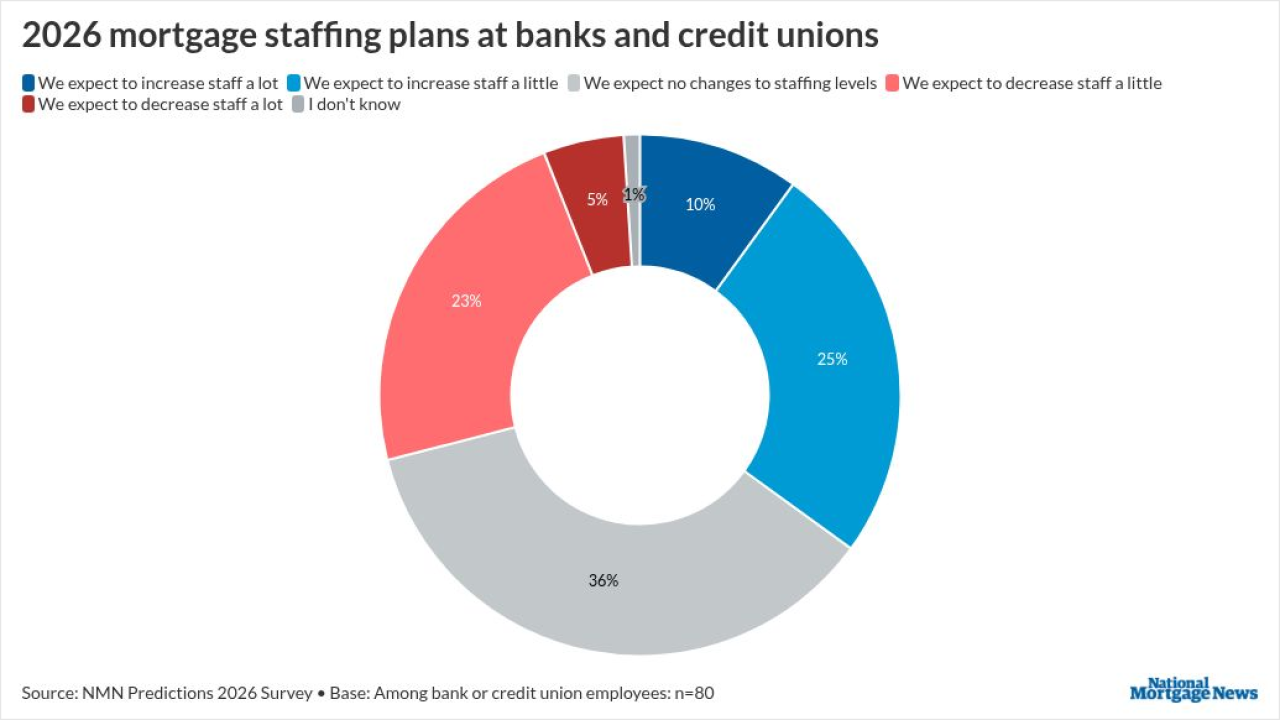WASHINGTON -- The urban aid tax bill stands almost no chance of becoming law, given the level of Republican opposition in the Senate and a probable veto by President Bush, congressional aides and municipal lobbyists said yesterday.
"It looks extremely unlikely that they'll be able to get this bill passed and signed into law," said William Daly, a lobbyist for New York City. "The signs are not good."
The demise of the bill, if its occurs, would derail a broad range of provisions beneficial to the municipal bond market. In particular, it would mean that authority to issue mortgage revenue bonds and small-issue industrial development bonds, which expired June 30, would remain suspended well into 1993.
"I think the bill's in pretty bad shape," an aide to a member of the House Ways and Means Committee said.
Another congressional aide said, "Most people [on the Hill] are assuming it's dead."
Tax aides and lobbyists said they were pessimistic about the bill, in part because of press reports yesterday that congressional Republicans and various unnamed White House officials are predicting a veto.
Even before those reports, Capitol Hill watchers were saying the President would probably reject the bill. And "once you have [congressional] Republicans making those statements," the congressional aide said, "that boxes Bush in even more."
Officially, the White House would not say yesterday what position Bush plans to take on the urban aid measure, and a White House spokesman criticized the anonymous administration officials as making premature judgments about what the President will do.
Those officials "should not be making comments on a bill that is [still] in the Senate," the spokesman said.
John C. Murphy, executive director of the Association of Local Housing Finance Agencies, said Bush himself has not announced he will veto the bill, leaving the door open for him to accept it. "It's not out of the question that he could sign it," Murphy said.
But a more immediate problem for the bill looms in the Senate, where Republicans have said this week they will try to block a vote on the bill. Their strategy appears to be to keep the bill from ever getting to the White House, and thus shield the President from what could be an unpopular decision on the measure just a few weeks before the election.
Their stalling tactics have led Senate Majority Leader George Mitchell, D-Maine, to schedule a cloture vote for later today to choke off any filibusters and allow the chamber to complete action quickly on the bill. Cloture is a parliamentary procedure invoked by the Senate for ending debate.
Several lobbyists aid they did not see any possibility that Mitchell would find the 60 votes needed to cut off debate. With 57 Democrats in the Senate, he still needs three Republicans.
"I think the Republicans will be prepared to try to protect the President, and so they will oppose cloture," said a municipal lobbyist.
Senate Republicans are especially likely to stand behind the President today, to atone for having helped the Democrats hand him a defeat on Monday over a bill to regulate cable television. Congress overrode the President's veto on the measure, with 24 Republicans in the Senate voting against Bush.
"A lot of people are going to be more sympathetic to help Bush now," the lobbyist said. "They are going to be much more receptive to pleas" from the White House.
Capitol Hill observers said there are two extremely small glimmers of hope for enactment of the urban aid bill.
One possibility, if the Senate passes the bill, is for it to stall on its way to the White House long enough for the election to take place, so that the bill would no longer be a campaign issue. There is no deadline by which a bill must reach the President, and it would be possible for the clerks who are responsible for completing the paperwork on the bill to take two or three weeks to deliver the bill to the White House, said the aide to the Ways and Means member.
Another scant possibility is that the Senate, if it kills the urban aid package, could resurrect a narrower bill passed by the Senate Finance Committee in June. That legislation would extend the mortgage bond and IDB exemptions and other expired tax provisions through Dec. 31, 1993. The urban aid package would make the mortgage bond exemption permanent and extend the IDB exemption through Sept. 30, 1993.
The problem with the second scenario, several lobbyists pointed out, is that the bill would also have to be acted on by the House, which has all but adjourned for the year.
Technology, the House will be in session today, but leaders there have scheduled the session merely to comply with constitutional requirements. House members by and large have left town, and no legislative business is planned for the pro forma session. Under that format, the House could only take action by unanimous consent of the few members who are present.
Such a scenario "is a moot point. It's not worth the debate," said a housing lobbyist. "This bill is doomed to the dustbin."





